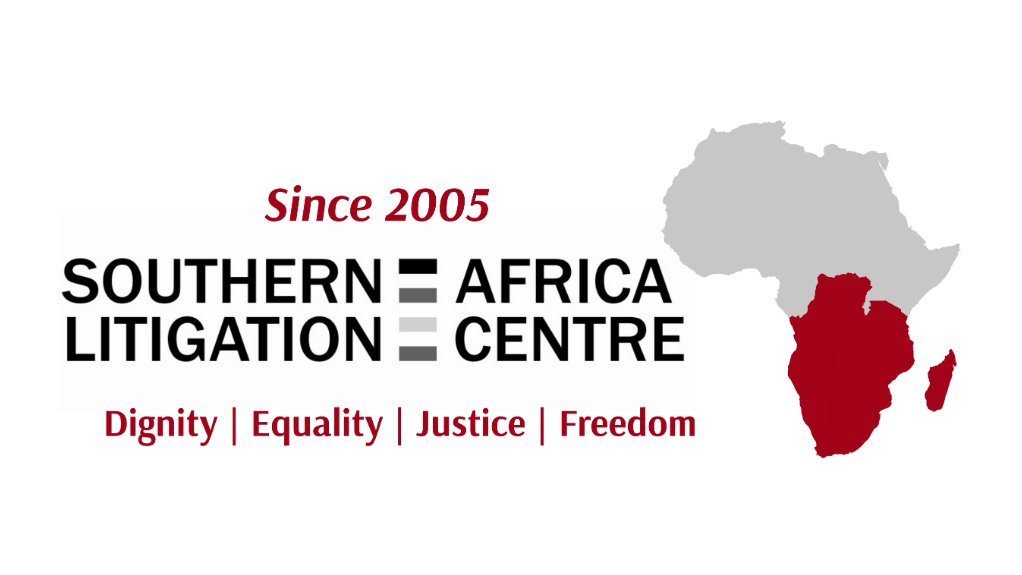Africa is at the receiving end of the impact of climate change caused by countries like America without them feeling remotely guilty or obligated to clean up the mess they caused. Since 20 January 2025 the new US administration announced an array of policies aimed at putting the interests of American companies first at all costs. The new administration promptly withdrew from the Paris Agreement and ceased financial commitments to it. For people in Africa, these decisions will wreak havoc on their lives.
Under the Paris Agreement, all countries must work together to ensure global temperatures increase to no more than 2°C above pre-industrial levels, acknowledging the dire impact that would have on humanity. The treaty requires that countries assist the climate action efforts of developing countries. Why? Fossil fuels like coal, oil and gas are the most significant contributors to global climate change, accounting for 90% of all carbon dioxide emissions. The US is responsible for most of these emissions released into the atmosphere since the Industrial Revolution. In contrast, countries in Africa have contributed among the least to greenhouse gas emissions yet have experienced widespread losses attributable to climate change, including reduced economic growth, increased migration, loss of lives, floods, water shortages, biodiversity loss, and more frequent severe weather events. In short, the Paris Agreement asks that those countries that contributed the most to global warming should take decisive steps to alleviate the harm they are causing. Studies released last week indicated that the Paris threshold of 1.5°C global warming has already been crossed, and that the planet would reach the 2°C threshold within two decades. These calculations are likely underestimated if we factor in the impact of the Donald Trump administration's policies.
Instead of providing financial support to mitigate the climate impact caused by the US, the Trump administration declared a sweeping freeze on foreign aid, jeopardising climate-related projects, including early warning systems. The administration also cancelled USD 4-billion in US pledges to the Green Climate Fund.
In February, the US Secretary of State, Marco Rubio, announced that he would not attend the G20 meeting, among other reasons, because the agenda referenced climate change. Rubio is known for saying that he does not believe that human activity is contributing to climate change nor that climate change exists at all. This idea is echoed by leaders behind Project 2025, which also calls for the disbandment of the National Oceanic and Atmospheric Administration (NOAA) and other critical institutions that they deviously accuse of driving climate change alarm.
Despite the experience of harsh weather conditions in 2024 by millions of people across the globe, the Trump administration gleefully promoted its drilling policy without limits from day one. The administration encouraged energy exploration and production, including on the Outer Continental Shelf, and at the same time, stopped projects relating to for example electric vehicles and paper straws. The executive order lamented the suggestion that citizens should try to be more responsible in their energy use through lightbulbs, dishwashers, washing machines, gas stoves, water heaters, toilets, and shower heads, and ordered all agencies to stop referencing the “social cost of carbon” in decision-making.
While the oil companies are laughing all the way to the bank, our world has changed dramatically for the worse and will continue to change. Had States limited global warming to 1.5°C, this would have substantially reduced the damage to African economies, agriculture, human health, and ecosystems. Above 1.5°C global warming, the risk of heat-related deaths rises sharply across large parts of Africa.
As the world heads toward 1.7°C global warming, we are already seeing reduced fish and agricultural harvests, increases in vector-borne diseases, and increased weather-related migration. Global warming above 2°C will threaten staple crops across most of Africa, dependent on rain-fed agriculture. Whole ecosystems are being destroyed at an alarming rate.
The direct costs to health are estimated to be between USD 2-4-billion/year in the next five years. Again, the US's sweeping freeze on foreign aid and withdrawal from the World Health Organisation will gravely exacerbate the situation.
While the Trump administration swiftly destroys all mechanisms aimed at holding it accountable domestically and internationally, we cannot wait in silence for the next move. The impact of climate change is not something far off, but something many people are already grappling with on a daily basis. For a sustainable future and equitable future, we will need drastic policy and systemic change now.
Written by Anneke Meerkotter, Executive Director, Southern Africa Litigation Centre
EMAIL THIS ARTICLE SAVE THIS ARTICLE ARTICLE ENQUIRY
To subscribe email subscriptions@creamermedia.co.za or click here
To advertise email advertising@creamermedia.co.za or click here











